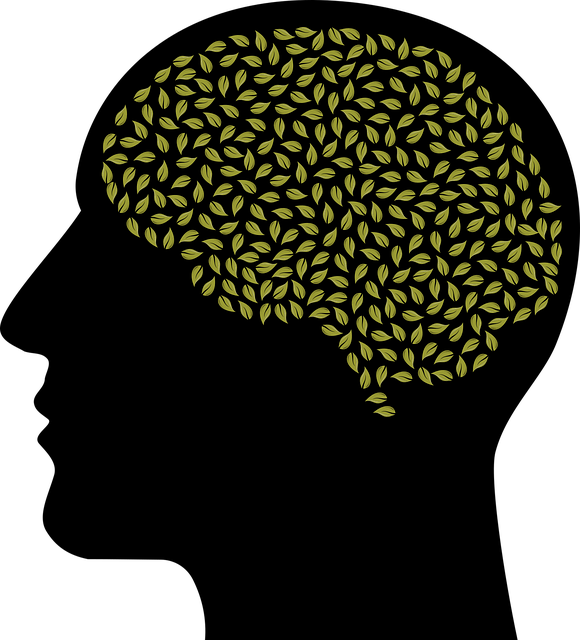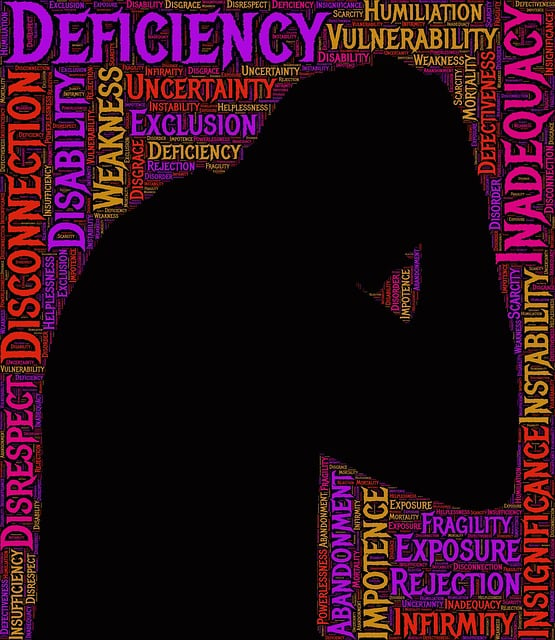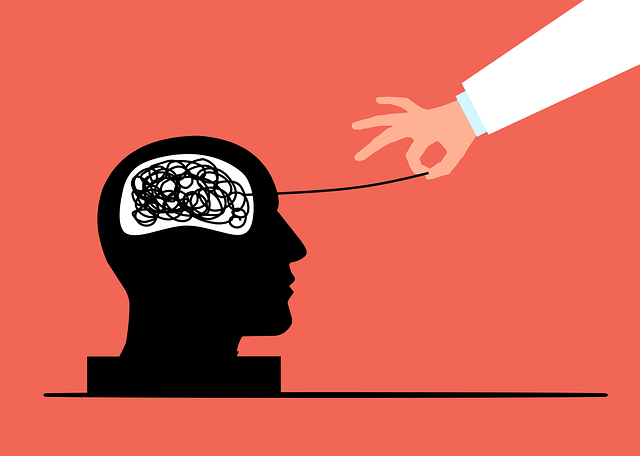Phobias among elders, often overlooked, significantly impact quality of life. Cognitive-behavioral therapy (CBT) offers effective tools through crisis intervention and stress reduction methods, improving overall well-being. Therapy, including journaling exercises and tailored interventions, prevents depression and enriches senior lives by targeting phobias, depression, and loneliness. CBT replaces negative thought patterns with adaptive responses, incorporating social skills training and emotional regulation techniques for better coping abilities and resilience in older adults.
Coping skills development is a vital aspect of ensuring quality of life, especially among seniors. As our elderly population grows, understanding and addressing their unique challenges becomes imperative. This article delves into three key areas: exploring common phobias in elders, the transformative power of therapy tailored for their needs, and practical strategies to build resilience. By examining these aspects, we can enhance support systems for seniors, particularly those grappling with phobias, using effective therapeutic interventions.
- Understanding Phobias in Elders: Common and Overlooked
- The Role of Therapy in Coping Skills Development for Seniors
- Practical Strategies for Building Resilience in Older Adults
Understanding Phobias in Elders: Common and Overlooked

Phobias among elders are a common yet often overlooked aspect of mental health, particularly as our society ages. These intense fears can significantly impact an older adult’s quality of life, affecting their ability to engage in everyday activities and social interactions. From arachnophobia (fear of spiders) to agoraphobia (fears related to open or crowded spaces), a wide range of phobias can manifest in the elderly population.
The development of phobias later in life may be linked to various factors, including trauma, stress, or changes in brain chemistry. As elders face diverse challenges, such as health issues, loneliness, or the loss of independence, it becomes even more crucial to recognize and address these hidden fears. Therapy for elders with phobias, such as cognitive-behavioral therapy (CBT), offers effective tools for managing and overcoming these debilitating conditions. By providing crisis intervention guidance and employing stress reduction methods tailored to older adults’ needs, mental health professionals can help improve their overall well-being and promote a greater sense of freedom and enjoyment in life.
The Role of Therapy in Coping Skills Development for Seniors

Therapy plays a pivotal role in coping skills development for seniors, offering them a safe space to navigate and overcome various challenges unique to their age group. Many older adults face issues such as phobias, depression, and loneliness, which can significantly impact their quality of life. Professional therapy provides an opportunity for individuals to explore these feelings and develop effective coping strategies. Through therapy, seniors learn to manage fears and anxieties related to aging, health concerns, or loss, thereby enhancing their overall mental wellness.
Guided by skilled therapists, elders can engage in activities like journaling exercises that encourage them to reflect on their experiences and emotions. This practice fosters self-awareness and promotes healthy coping mechanisms, such as mindfulness and problem-solving skills. Additionally, crisis intervention guidance tailored for seniors equips them with tools to handle stressful situations effectively, ensuring they have the resilience needed to maintain emotional balance. By combining therapy with regular journaling and crisis interventions, older adults can actively work towards preventing depression and cultivating a more fulfilling life during their golden years.
Practical Strategies for Building Resilience in Older Adults

Building resilience is an essential aspect of coping skills development for older adults, enabling them to navigate life’s challenges and maintain emotional well-being. Therapy plays a pivotal role in this process, offering tailored strategies to enhance their ability to cope with stress and anxiety. Cognitive-behavioral therapy (CBT) is a widely recognized approach, focusing on identifying and modifying negative thought patterns and behaviors that contribute to phobias and anxieties common among the elderly. By learning to challenge these fears and replace them with more adaptive responses, individuals can develop a stronger sense of control over their emotions.
Practical strategies include social skills training, which encourages participation in community activities and fosters meaningful connections. This not only provides emotional support but also enhances coping abilities through shared experiences and peer guidance. Additionally, teaching emotional regulation techniques such as deep breathing exercises, mindfulness practices, and progressive muscle relaxation empowers older adults to manage stress effectively. These tools enable them to respond calmly to challenging situations, thereby strengthening their resilience over time.
Coping skills development is a vital aspect of enhancing the quality of life for older adults, especially those dealing with phobias. By understanding and addressing specific fears through therapy, such as Therapy for Elders Phobias, seniors can build resilience and improve their overall well-being. The practical strategies outlined in this article offer valuable insights into fostering adaptability and promoting a sense of security among the aging population. Through a combination of professional guidance and personal growth, older adults can navigate life’s challenges with newfound confidence and robustness.








